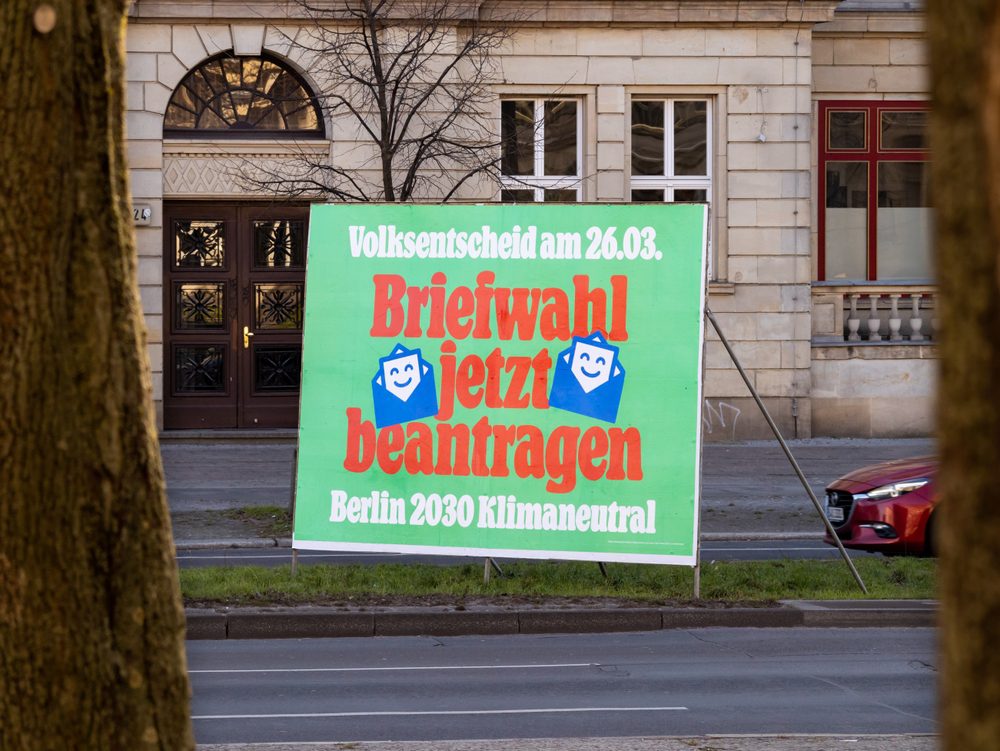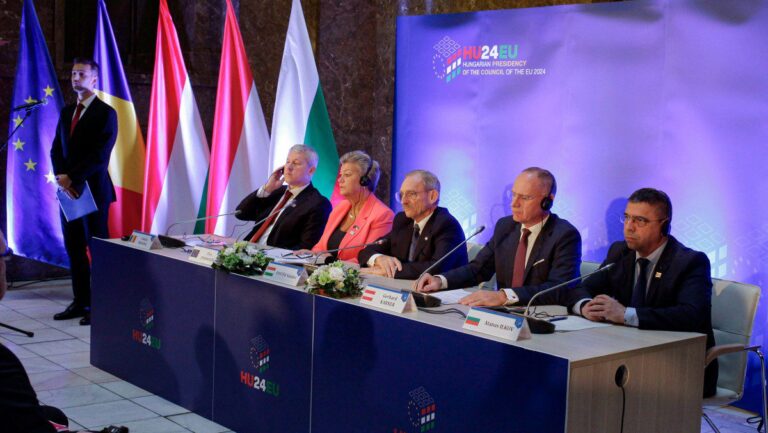A referendum to legally bind authorities in Berlin to create a carbon-neutral city by 2030 has failed due to low public turnout, despite 50.9% of voters backing the initiative. The proposals aimed to fast-track pre-existing climate goals to slash carbon emissions in the city by 95% by 2030, fifteen years ahead of current commitments.
The vote occurred after a citizens’ petition by green lobbyists but failed to meet the 50% public turnout requirement to reach a quorum. Berlin swung to the right in recent local elections, which saw a strong performance by the centre-right CDU, who opposed the referendum as “unrealistic” yet reaffirmed its commitment to the green agenda.
The proposals were criticised by conservative lawmakers as being too ambitious, with some business groups warning of the cost. Opposition to the referendum was concentrated in Berlin’s suburbs, which are more reliant on cars than the city centre.
Proponents of the referendum said it would have forced the government to invest more in local transportation and energy efficiency and was vital for German climate goals. Berlin already has commitments to cut carbon emissions by 70% by 2030.
The referendum was condemned as lacking substance by Professor Felix Creutzig, who specialises in sustainability economics at the Technical University of Berlin.
The goal of the referendum is not underpinned with policies—and the policymakers don’t have an idea of how to reach climate neutrality with policies.
Green issues have divided German politics over the past year as the country faces an energy crisis due to Russia’s invasion of Ukraine and questions about its decarbonisation programme. At last week’s EU Council, the German government secured assurances against Brussels on plans to ban fossil-fuel-emitting cars by 2035, with tensions reported to be running high in the country’s ruling coalition government over green issues.





